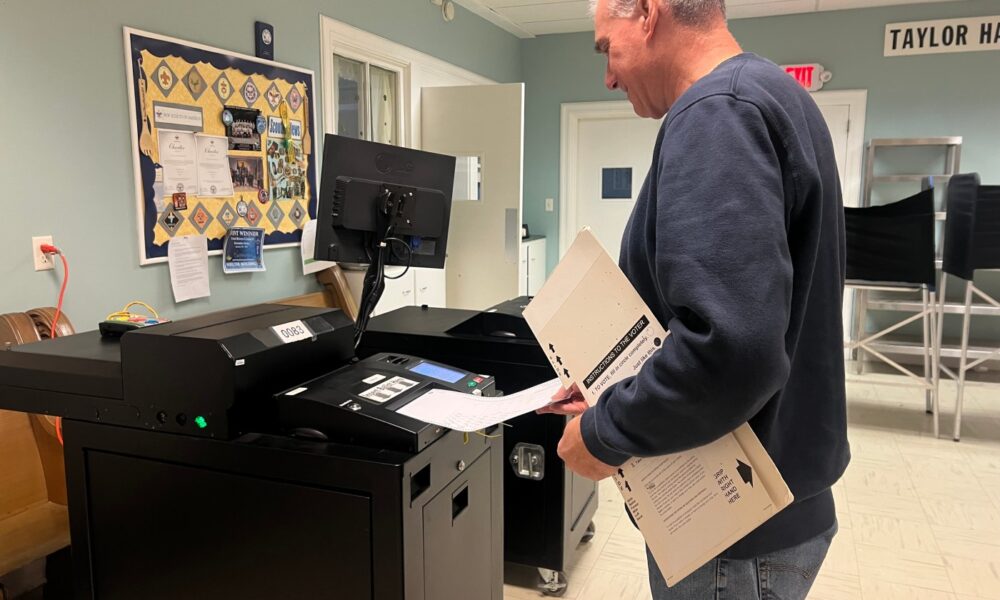The U.S. military has intensified its operations against drug trafficking in the Caribbean, targeting narcotics-laden boats in a campaign that has seen the destruction of eight vessels to date. This initiative, spearheaded under the administration of Donald Trump, aims to curb the flow of cocaine from South America to the United States. Despite these military efforts, experts argue that the actions may overlook fundamental issues fueling the drug trade.
Recent footage from the Caribbean shows U.S. forces engaging in airstrikes against suspected drug boats, accompanied by strong rhetoric from Washington about a decisive approach to combatting drug trafficking. The strategy appears to focus on immediate, visible victories, as seen in the destruction of these vessels. Yet, this tactic raises questions about its effectiveness in addressing the broader, systemic problems associated with drug-related violence and trafficking networks.
Underlying Issues in Drug Trafficking
While the military strikes may disrupt operations in the short term, they do not address the root causes of the cocaine trade. Many analysts note that the persistent demand for cocaine in the United States, coupled with the operational capabilities of Colombian cartels, remains largely unchallenged. As long as there is a strong market for the drug, the incentives for trafficking will persist.
According to the United Nations Office on Drugs and Crime, cocaine production has surged in Colombia, with the country producing over 1,400 tons of cocaine in 2022 alone. This reflects a significant increase from previous years and suggests that military strikes may only provide a temporary halt rather than a long-term solution.
The U.S. military’s approach has also attracted criticism for its potential to escalate violence in the region. Experts warn that while targeting drug boats might seem effective, it could lead to retaliatory actions from traffickers, further destabilizing local communities already plagued by violence.
The Impact on Local Communities
The ramifications of U.S. military operations extend beyond mere statistics. Local communities often bear the brunt of the violence associated with drug trafficking. In areas where these operations occur, there is a heightened risk of conflict as drug cartels respond to military actions. Moreover, the reliance on military solutions can overshadow necessary investments in social programs that address addiction, poverty, and lack of opportunity—factors that contribute to the drug trade.
In addition, international cooperation plays a crucial role in tackling the drug problem. Efforts to curb cocaine production and trafficking require collaboration with source countries, particularly Colombia. Implementing comprehensive strategies that include economic development, education, and community support is essential to create sustainable change.
The U.S. government has allocated a significant budget for military operations in the Caribbean, but experts argue that funds could be more effectively utilized in anti-drug programs that target the socioeconomic conditions driving the drug trade.
Looking Ahead
As U.S. military operations continue, it is crucial to reassess the overall strategy in combatting drug trafficking. Striking narcotics vessels may produce short-term results, but without addressing the underlying challenges, the cycle of drug violence and trafficking is likely to persist.
The situation in the Caribbean serves as a reminder that military force alone cannot solve complex social issues. A multifaceted approach that includes law enforcement, community engagement, and international cooperation is essential for any meaningful progress in the fight against drug trafficking.
As the Caribbean remains a focal point in the global war on drugs, the need for comprehensive, effective solutions has never been more urgent. The balance between military action and humanitarian efforts will ultimately determine the success of the ongoing campaign against cocaine trafficking.







